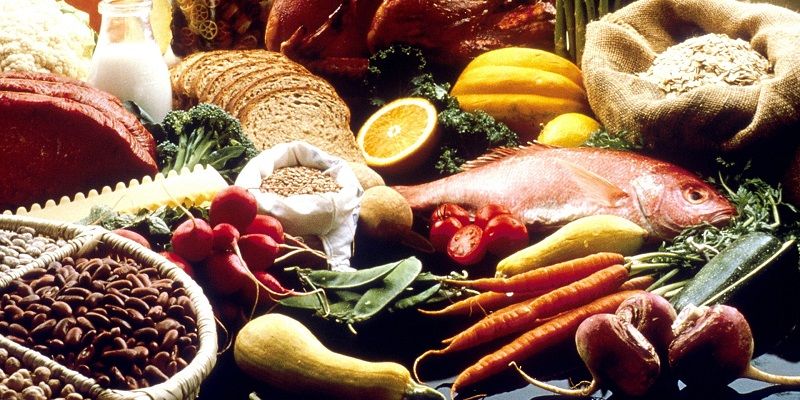
In the first UK study examining the relationship between diet and the start of the menopause, researchers have found certain food groups could affect the age at which the menopause begins.
Research by the University of Leeds has examined the links between diet and the onset of menopause in British women.
The study showed that high intake of healthy foods, such as oily fish and fresh legumes, such as peas and green beans were associated with a later onset of the menopause, while a high consumption of refined white pasta and rice was associated with an earlier start.
The onset of menopause
The study used data from more than 14,150 women living in the UK. Along with a detailed diet questionnaire, an initial survey collected information on reproductive history and health.
When a follow up survey and questionnaire were conducted four years later, researchers were able to assess the diets of the women who had experienced the onset of a natural menopause in the interim.
The average age at the start of the menopause for women in the UK is 51 years.
More than 900 women between the ages of 40 and 65 had experienced a natural start of their menopause at the time of the follow-up survey, meaning they had not had menstrual periods for at least 12 consecutive months and menopause had not been brought on by such things as cancer, surgery or pharmaceutical treatments.
A delayed start to menopause
Analysis of their diet showed that high intakes of oily fish were associated with a delayed start to menopause by nearly three years. A diet with lots of refined pasta and rice showed that menopause was more likely to occur one and a half years earlier than average.
Study co-author, Janet Cade, Professor of Nutritional Epidemiology and Public Health at the School of Food Science and Nutrition at Leeds, said: “The age at which menopause begins can have serious health implications for some women.
“A clear understanding of how diet affects the start of natural menopause will be very beneficial to those who may already be at risk or have a family history of certain complications related to menopause.”
“ The age at which menopause begins can have serious health implications for some women.”
Previous studies have suggested that earlier onset of menopause is associated with lower bone density, osteoporosis and increased risk of cardiovascular diseases.
While later menopause has been associated with a higher risk for breast, ovarian and endometrial cancers.
The impact of diet
Study lead author, Yashvee Dunneram, a postdoctoral researcher also at the School of Food Science and Nutrition said: “There are a number of causes that have been considered for the relationship between age and start of menopause, such as genetic factors or behavioural and environmental exposures. But there are fewer studies that look at the impact of diet.
“This study is the first to investigate the links between individual nutrients and a wide variety of food groups and age at natural menopause in a large cohort of British women.
But further studies are needed to improve understanding on how this may impact health and wellbeing.”
Further information
The paper Dietary intake and age at natural menopause: results from the UK Women’s Cohort Study in Journal of Epidemiology and Community Health on 30 April 2018
Please email the University of Leeds press office at pressoffice@leeds.ac.uk or call +44(0)113 343 4031 for any additional information.